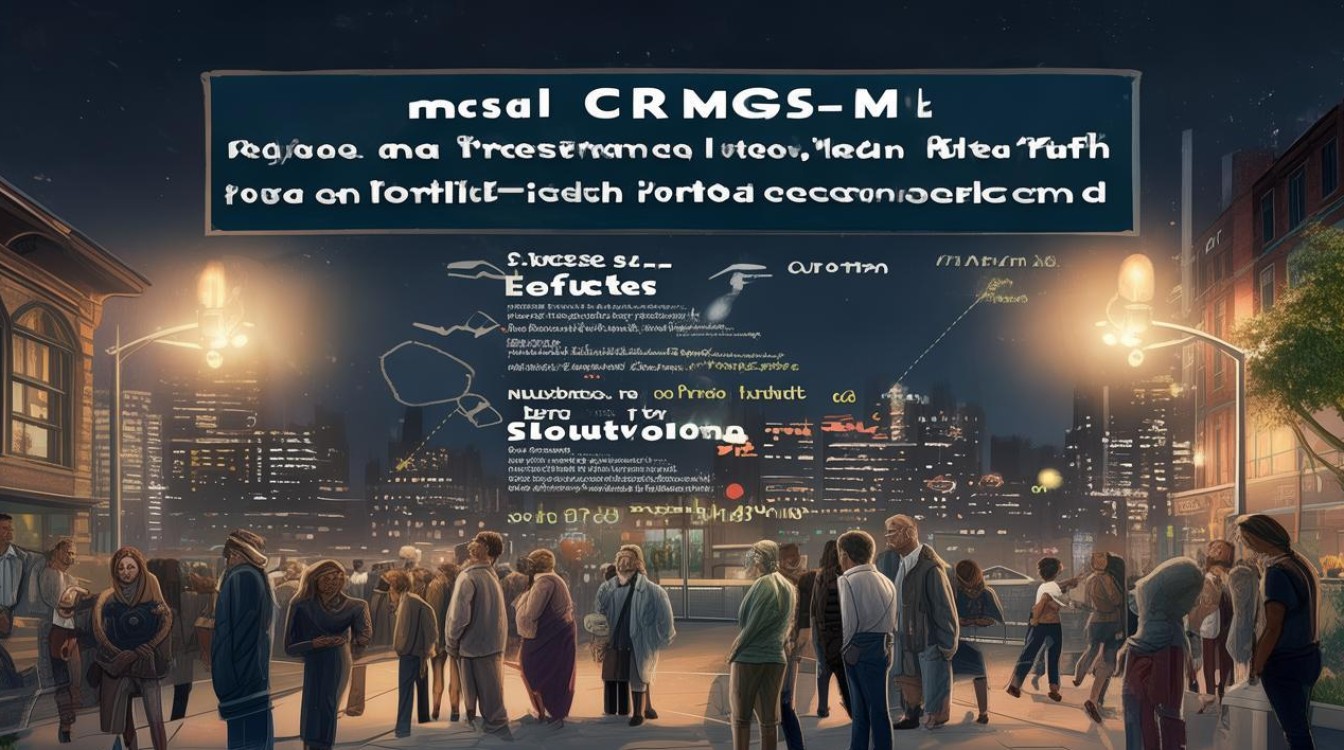Crime is a complex issue that affects societies worldwide. It disrupts lives, damages communities, and poses significant challenges to law enforcement and policymakers. To address crime effectively, we must examine its root causes, understand its consequences, and explore viable solutions.

The Nature of Crime
Crime encompasses a wide range of illegal activities, from theft and fraud to violent offenses like assault and murder. Laws define what constitutes criminal behavior, but societal norms and cultural differences also influence perceptions of wrongdoing. While some crimes result from calculated decisions, others stem from desperation or psychological factors.
Root Causes of Criminal Behavior
Several factors contribute to criminal activity, including:
- Socioeconomic Conditions – Poverty, unemployment, and lack of education often push individuals toward illegal means of survival. Financial instability can lead to theft, drug trafficking, or fraud.
- Family Environment – Children raised in abusive or neglectful households may develop antisocial tendencies. A lack of positive role models increases the likelihood of criminal involvement.
- Peer Pressure and Social Influence – Gangs and criminal networks can lure vulnerable individuals, offering a false sense of belonging.
- Mental Health Issues – Untreated psychological disorders, such as antisocial personality disorder or substance addiction, may lead to impulsive or violent behavior.
- Weak Legal Systems – In regions where law enforcement is corrupt or inefficient, crime rates tend to rise due to low deterrence.
The Impact of Crime on Society
Crime affects not only victims but entire communities. Some consequences include:

- Economic Losses – Businesses suffer from theft, vandalism, and fraud, leading to higher insurance costs and reduced investment in high-crime areas.
- Psychological Trauma – Victims of violent crimes often experience long-term fear, anxiety, and post-traumatic stress.
- Social Distrust – High crime rates erode trust among neighbors, making communities less cohesive.
- Overburdened Justice Systems – Courts and prisons struggle with overcrowding, delaying justice for victims and offenders alike.
Effective Strategies to Reduce Crime
Addressing crime requires a multi-faceted approach:
- Education and Employment Opportunities – Providing quality education and job training reduces desperation-driven crimes. Stable incomes discourage illegal activities.
- Community Policing – Law enforcement agencies that engage with local residents build trust and gather better intelligence to prevent crimes.
- Rehabilitation Programs – Instead of solely focusing on punishment, prisons should offer counseling, education, and vocational training to reduce recidivism.
- Mental Health Support – Early intervention for at-risk individuals can prevent criminal behavior linked to psychological disorders.
- Stricter Gun Control (Where Applicable) – Limiting access to firearms in regions with high gun violence can decrease homicide rates.
The Role of Technology in Crime Prevention
Advancements in technology offer new tools for combating crime:
- Surveillance Systems – CCTV cameras and facial recognition help deter and solve crimes.
- Cybercrime Countermeasures – Stronger encryption and cybersecurity protocols protect against online fraud and hacking.
- Predictive Policing – Data analytics allow law enforcement to identify crime hotspots and allocate resources efficiently.
Personal Responsibility and Societal Change
While governments and institutions play a crucial role, individuals must also contribute to crime prevention. Reporting suspicious activities, supporting victims, and fostering safe environments can make a difference. A society that values fairness, education, and mental well-being is less likely to tolerate criminal behavior.

Crime will never be completely eradicated, but through collective effort, we can minimize its impact. Strengthening legal systems, improving social conditions, and promoting ethical values are essential steps toward a safer future.
The fight against crime is ongoing, and every small action counts. Whether through policy changes, community initiatives, or personal choices, everyone has a part to play in creating a just society.

